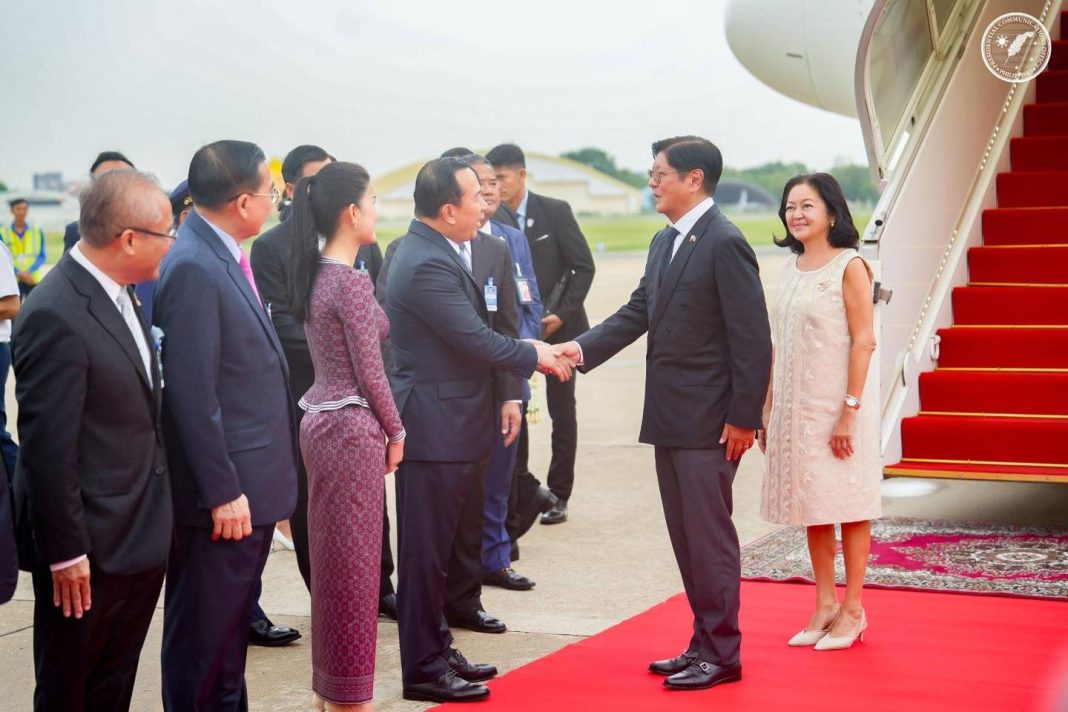
Amid rising concerns over transnational threats like cybercrime, human trafficking, and online fraud, the Philippines and Cambodia have reaffirmed their partnership by expanding a 2016 Memorandum of Understanding between their police forces. Signed during President Ferdinand Marcos Jr.’s state visit from September 7 to 9, 2025, the updated agreement enhances cooperation in intelligence-sharing and law enforcement efforts across cybercrime and other border-spanning criminal activities.
This bilateral shift comes against a backdrop of evolving political trends and changing economic priorities in Cambodia. Notably, the country’s casino ambitions appear to be waning following the ousting of its previously gaming-friendly prime minister—an indicator of a strategic pivot in national policy. Under the current leadership of Prime Minister Hun Manet, Cambodia has taken a more cautious approach by banning new casinos in provinces like Kep and Kampot, aiming instead to diversify investments into tourism, hospitality, agriculture, and other sectors.
This reorientation comes as Cambodia continues to grapple with the persistent problem of scam centers—illicit operations embedded within casinos, hotels, and residential zones that facilitate human trafficking, cyber fraud, and forced labor. According to the UN and Amnesty International, dozens of such compounds have been linked to gross human rights abuses and criminal syndicates. As authorities broaden their enforcement—weaving together heightened policing, event-based diplomacy, and stricter gambling regulations—the region is witnessing a complex rebalancing of development goals, security mandates, and human rights considerations.

 Content Writer: Janice Chew • Wednesday, 25/09/2025 - 22:39:02 - PM
Content Writer: Janice Chew • Wednesday, 25/09/2025 - 22:39:02 - PM